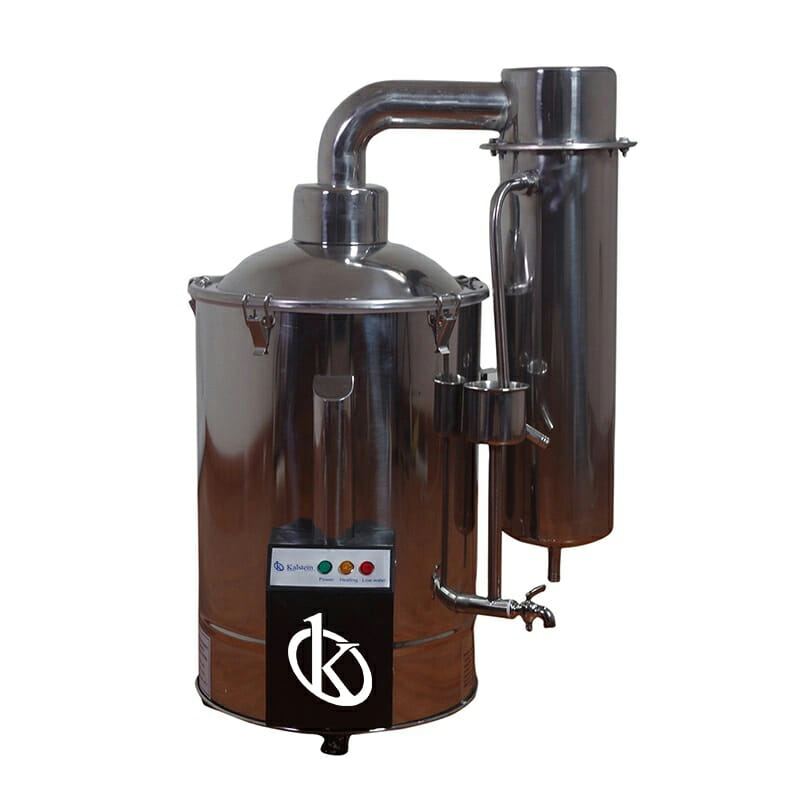Cosmiatry is a discipline oriented to the cosmetic care of the skin, both healthy and sick. In addition to improving the appearance of the skin, it can correct different dermatological problems that lead to cosmetic disorders. These include acne, scars, sun spots, metabolic diseases and medications. In addition, it participates in the development and formulation of top quality cosmetic products.
In establishments dedicated to the provision of cosmetic services and formulation of cosmetic products, it is essential to meet the requirements of cleanliness and water quality, necessary to prevent risks of infections in customers and ensure the microbiological quality of formulated products.
All equipment and utensils intended for facial and body procedures should be washed and disinfected before and after use. Likewise, in the manufacture of cosmetic products, quality raw materials should be used, in addition to clean and disinfected utensils and packaging.
Quality water is an essential element for cleaning and disinfecting utensils and containers. It is also essential for the preparation of different cosmetic products.
One way to obtain quality water is by distillation. This procedure allows us to treat drinking water and remove a lot of pollutants. The effectiveness of distillation will depend on the contaminants present in the water.
Distillation removes a wide variety of inorganic compounds from water, including metals such as lead, iron, calcium and magnesium salts, which give hardness to water, nitrates, sodium, and a variety of dissolved materials, as well as viruses, bacteria, and other microorganisms.
According to the above, distillation is a highly effective purification treatment, which allows us to obtain quality water for the different cleaning and disinfection procedures of equipment and utensils used in cosmetics, in addition to serving for the preparation of cosmetic products. The distillation process is carried out with a device called a distiller.
Water distiller and brief explanation of distillation
The distiller is a team that performs the purification of drinking water, through consecutive and controlled processes of vaporization and cooling. Vaporization allows water molecules to be separated from other molecules or elements that are diluted.
The design of this device will depend on the volumes of water required in the establishment. Generally speaking, it consists of a steam generator or boiling tank, immersion resistors, cooling water outlet, condenser, filter and distilled water tank.
This process begins with the heating of the water to the boiling point, in the container called steam generator or boiling chamber; then, the produced steam is captured and condensed in a condensing chamber; then, the freshly condensed water is filtered and stored in the distilled water tank. During distillation, most inorganic compounds and nonvolatile molecules do not evaporate with water and remain in the boiling chamber.
On the other hand, some organic compounds whose boiling points are lower than those of water, may re-contaminate the water, once it has condensed to its liquid form. Take benzene.
Kalstein distillers
At Kalstein we offer our customers a wide variety of water distillers, included in the YR series. You can choose the one that best suits your establishment’s needs. Kalstein water distillation equipment works in an automated way, therefore, it is easy to use. They are designed with a glass bucket at the top, which allows the observation of the distillation process. They promote water and energy saving and have a protection system for electric loads and also a protection function in cases where the water supply is reduced or interrupted. For more information about Kalstein distillers, visit the link HERE

